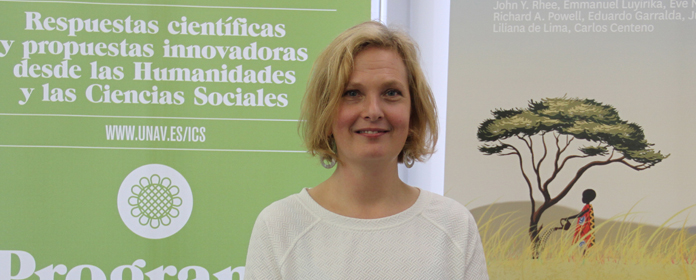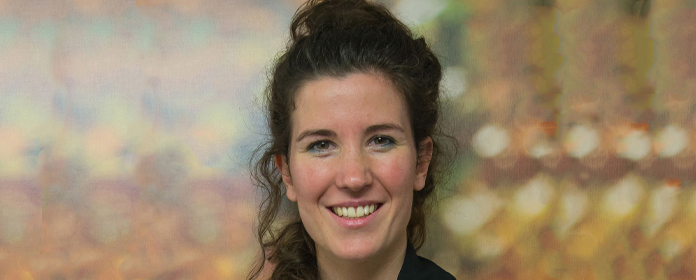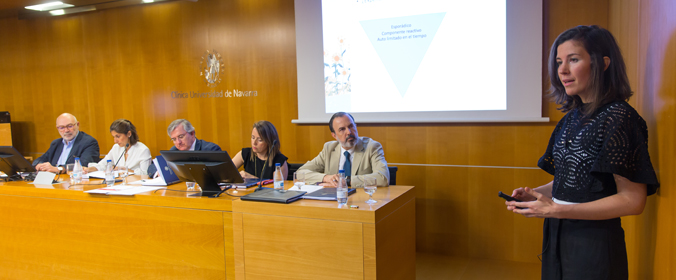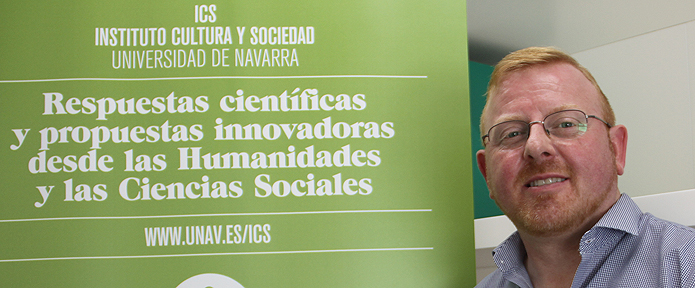"I don't know if we should be prepared for death, I think the important thing is to ask ourselves how not to be afraid."
Marian Krawczyk, sociologist and anthropologist from the University of Glasgow, came to Institute for Culture and Society to give a lecture lecture for the ATLANTES Program.

PHOTO: Elena Beltrán
"Even if death is a natural process, I don't think we can be prepared. The important thing is to ask ourselves how we can not be afraid," says Marian Krawczyk. As an answer she proposes a series of social changes in the instructions of what we believe. She believes that we need to question the idea that there is value only in "youth, autonomy and health".
"There may be value in the process of dying, in a way." Just as there is value in childhood and not wanting a child to pass as soon as possible in order to become an adult, he proposes that we appreciate the value that death can have. Marian Krawczyk, a sociologist and anthropologist at the University of Glasgow, presented a seminar on palliative care to the ATLANTES Program of the University of Navarra. Institute for Culture and Society of the University of Navarra.
However, although dying can be appreciated in some way, he recognizes that it is still an uncertain process: "With the new treatments it is difficult to know when life is going to end. Because of this, on many occasions, it is not known whether to treat a person or whether it will cause too much suffering. "The safest option is usually taken, which is to treat."
The fact that it is an uncertain process affects palliative care units. "It requires a lot of willingness to work in what is called the gray zone." This means that physicians must be "very flexible" and "comfortable with uncertainty". Which must also be accompanied by the fact that they have to do it "in less and less time." One way to deal with this problem, according to the expert, is to have a team multidisciplinary with whom to discuss cases regularly in order to improve.
Challenges of palliative careThe expert conducted a year-long work in two Canadian hospitals to better understand the challenges of caring for people and helping them to die a good death. One of the main challenges the sociologist points out is to improve the perception that other specialties have of them. "Some physicians perceive them as abandoning the patient and it is important to change this."
Another major problem facing palliative care is that "patients are sicker". This is because although the treatments given to patients allow them to live longer, they live more years but with more symptoms. It is also important to know when "not to give more treatments", although it is a difficult topic , acknowledges the expert.
Another challenge he pointed out is the "austerity faced by some hospitals". The lack of resources in many healthcare centers means that on occasions some patients are sent home "too quickly". This causes doctors to have to "fight with the administration" which wears down the professionals.




